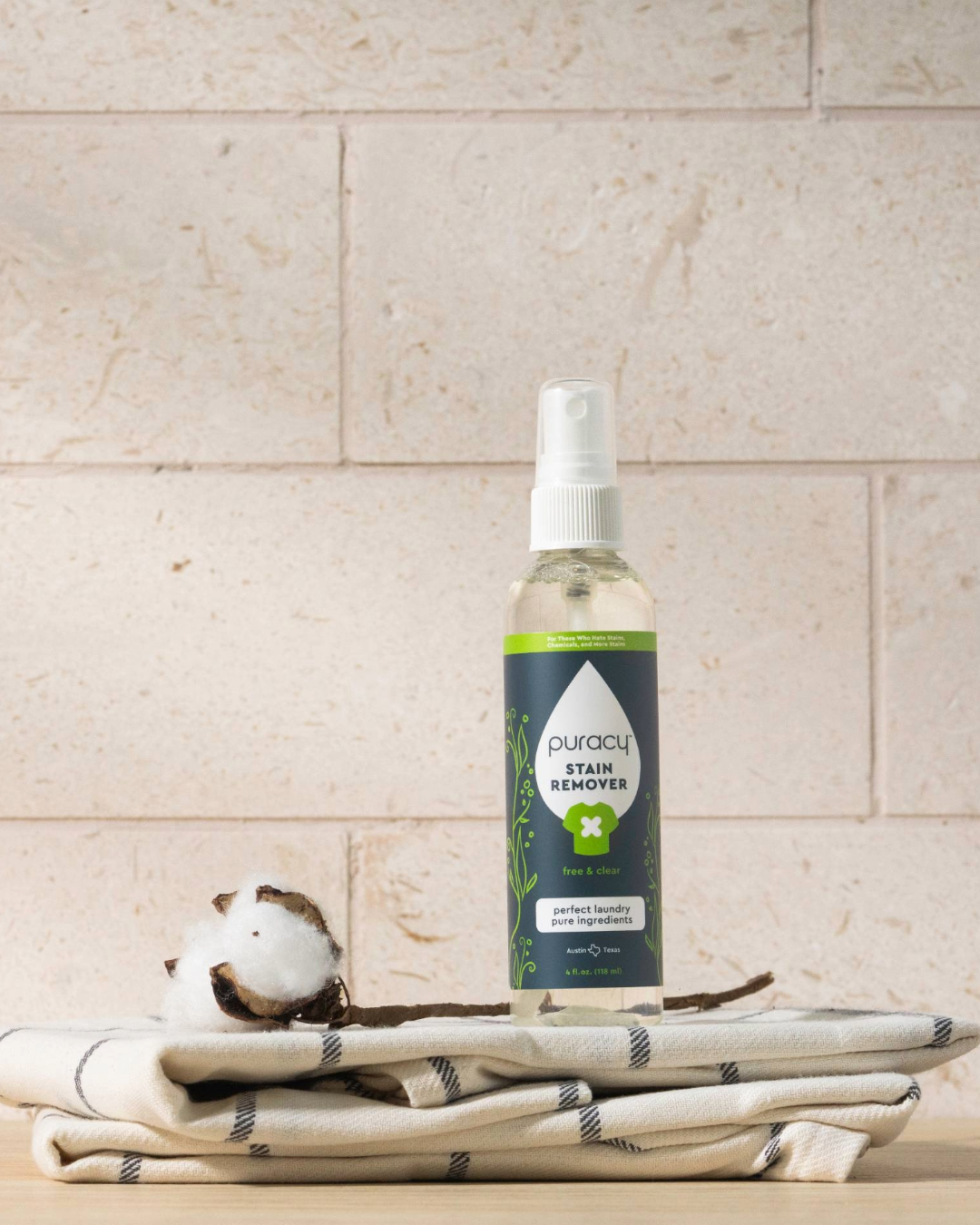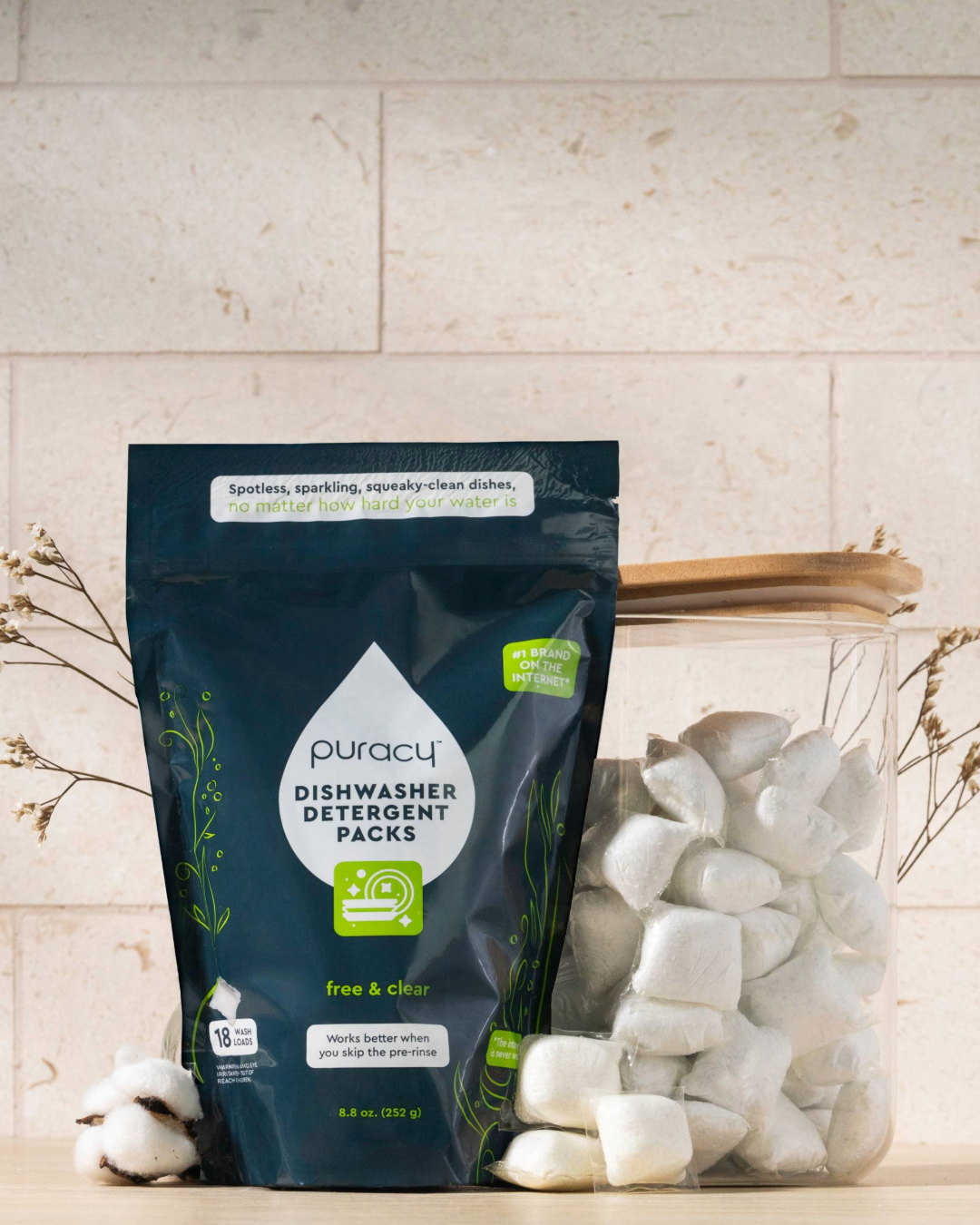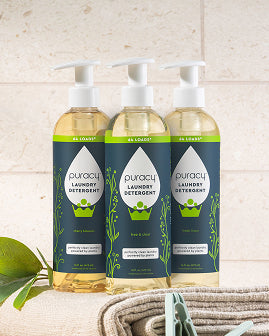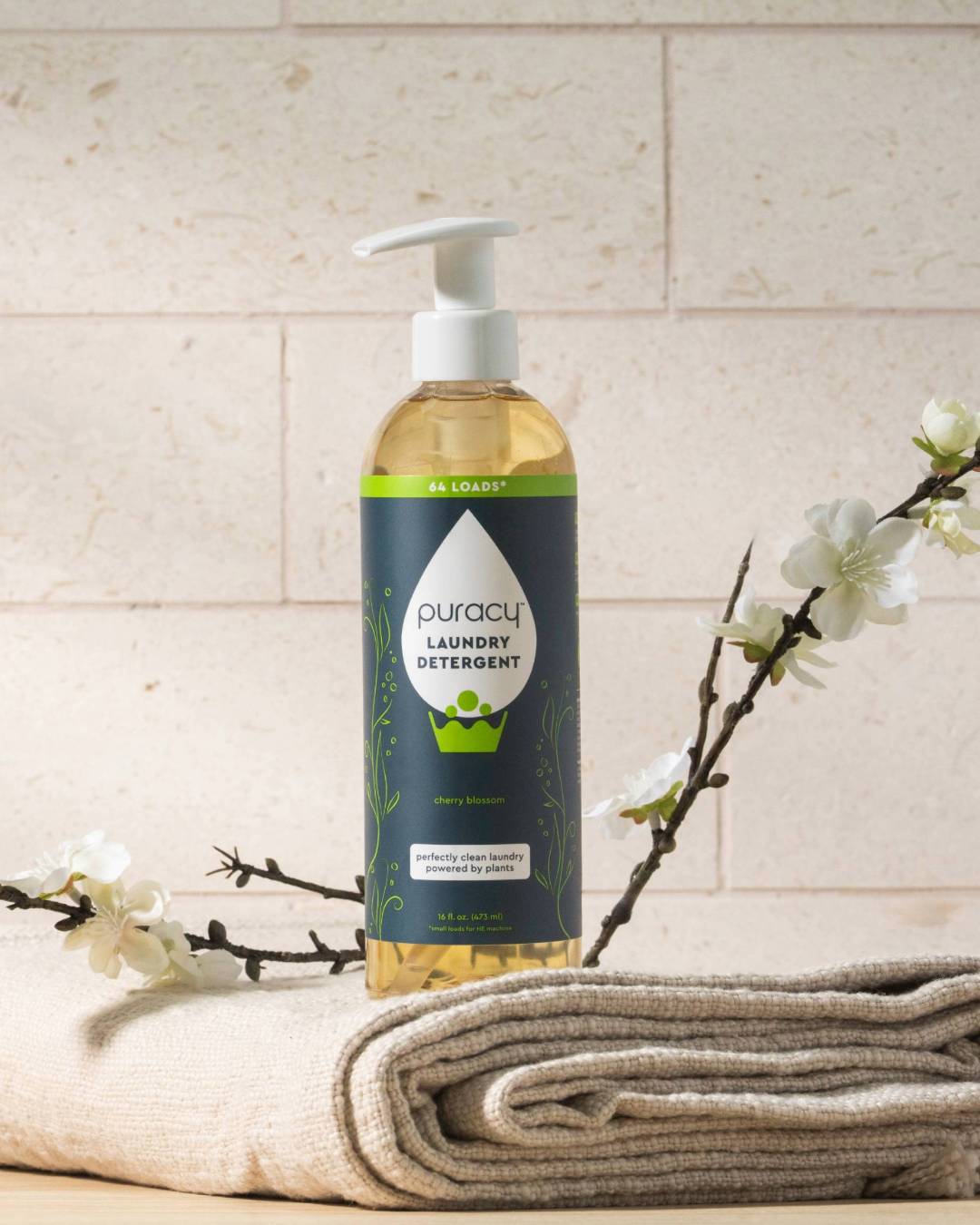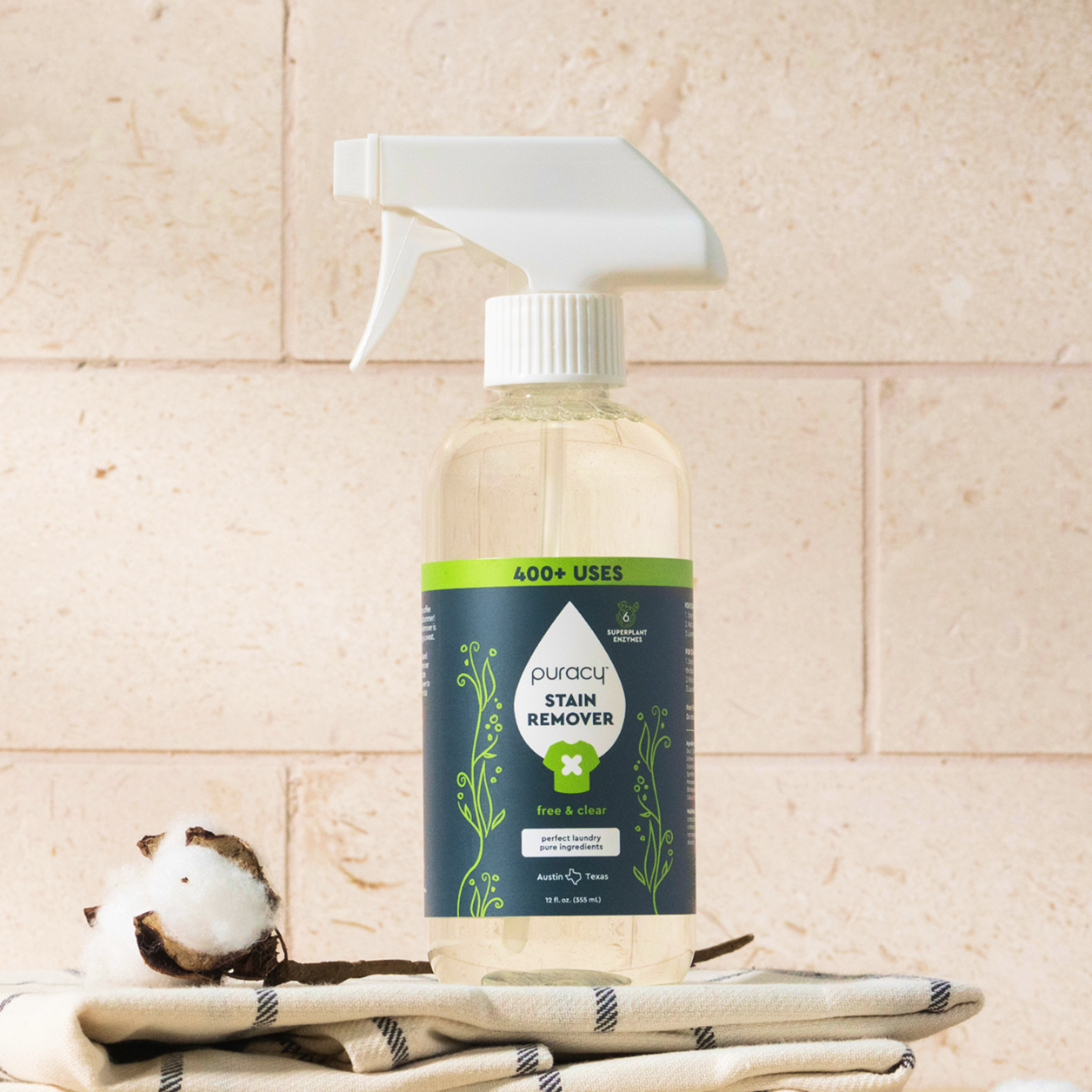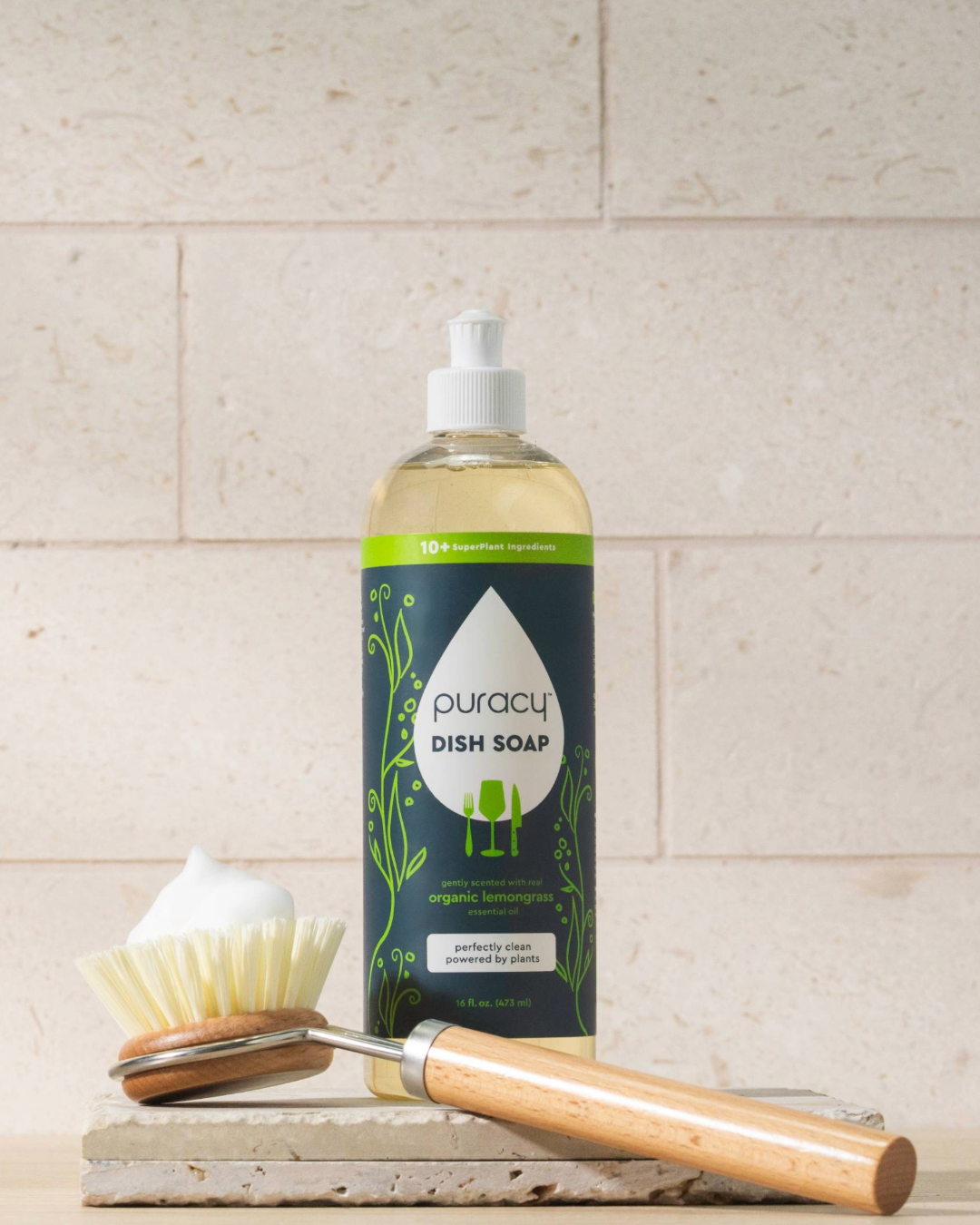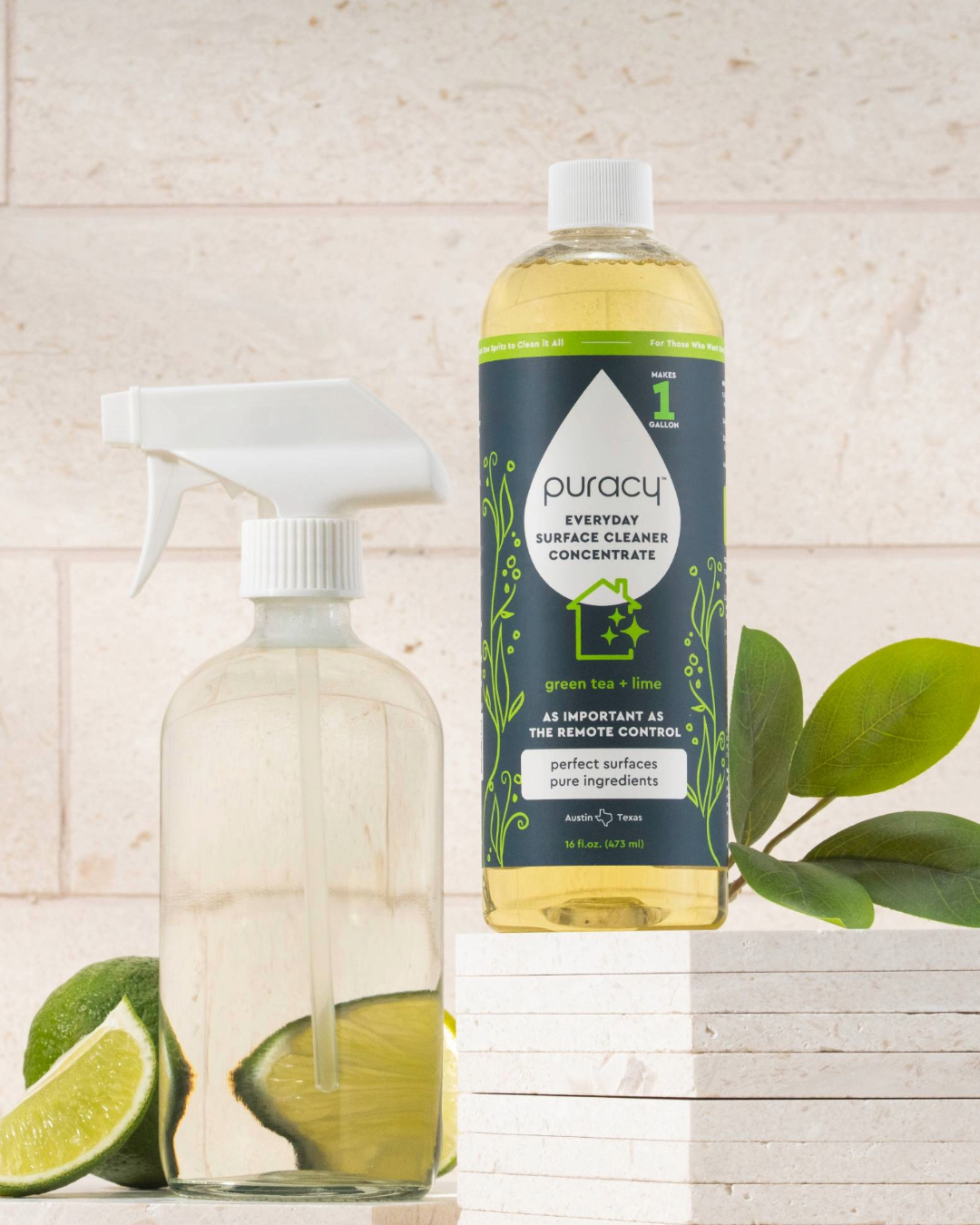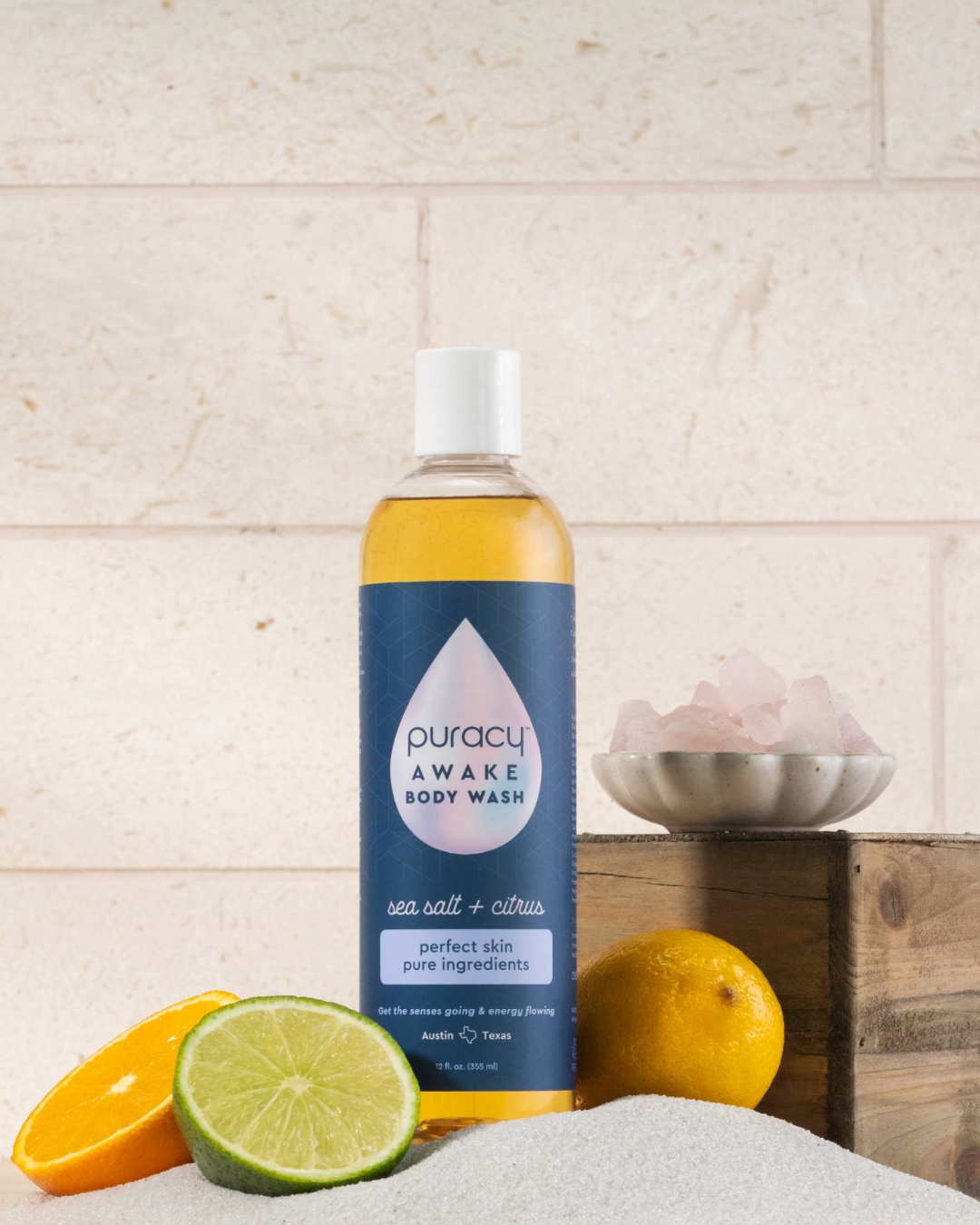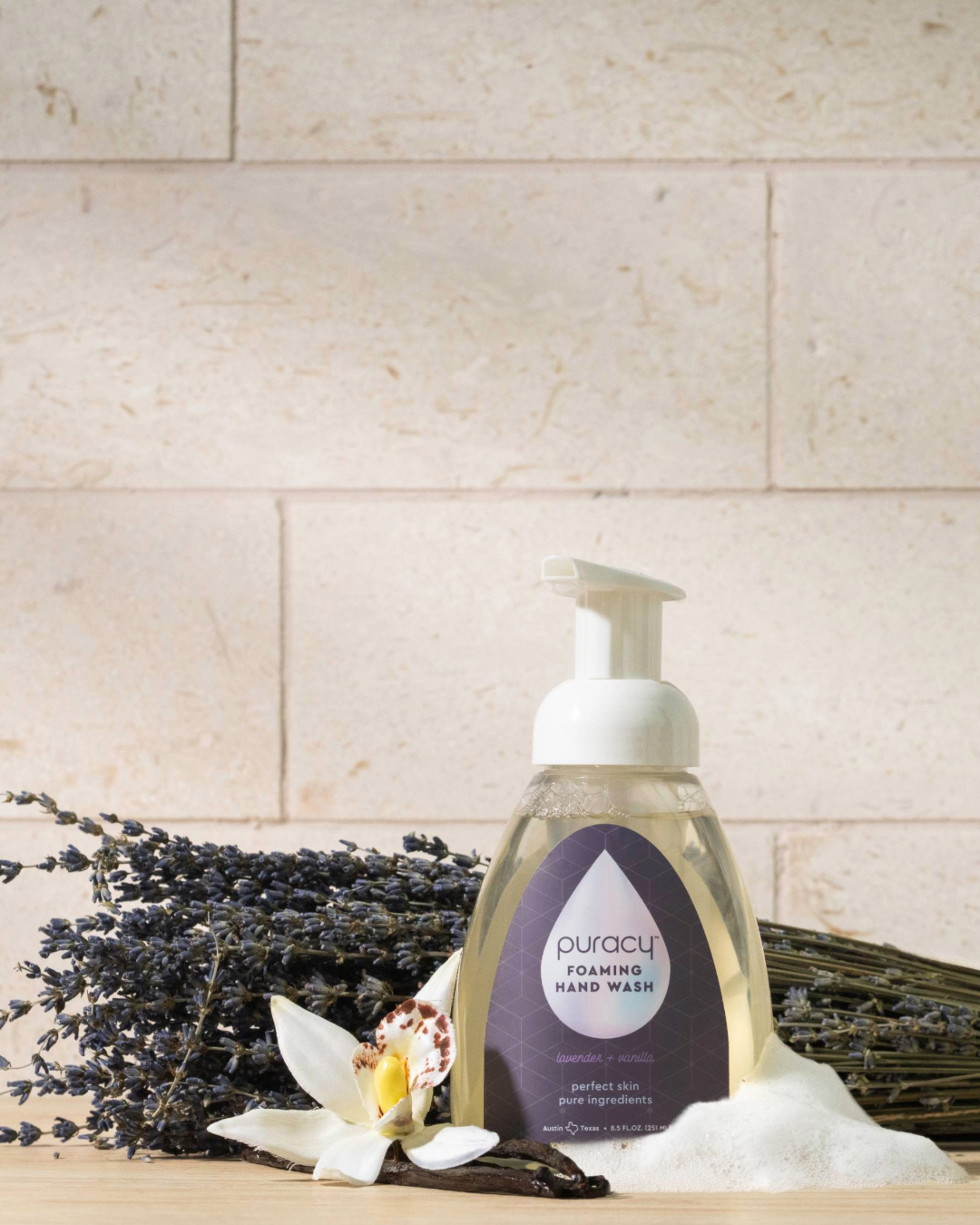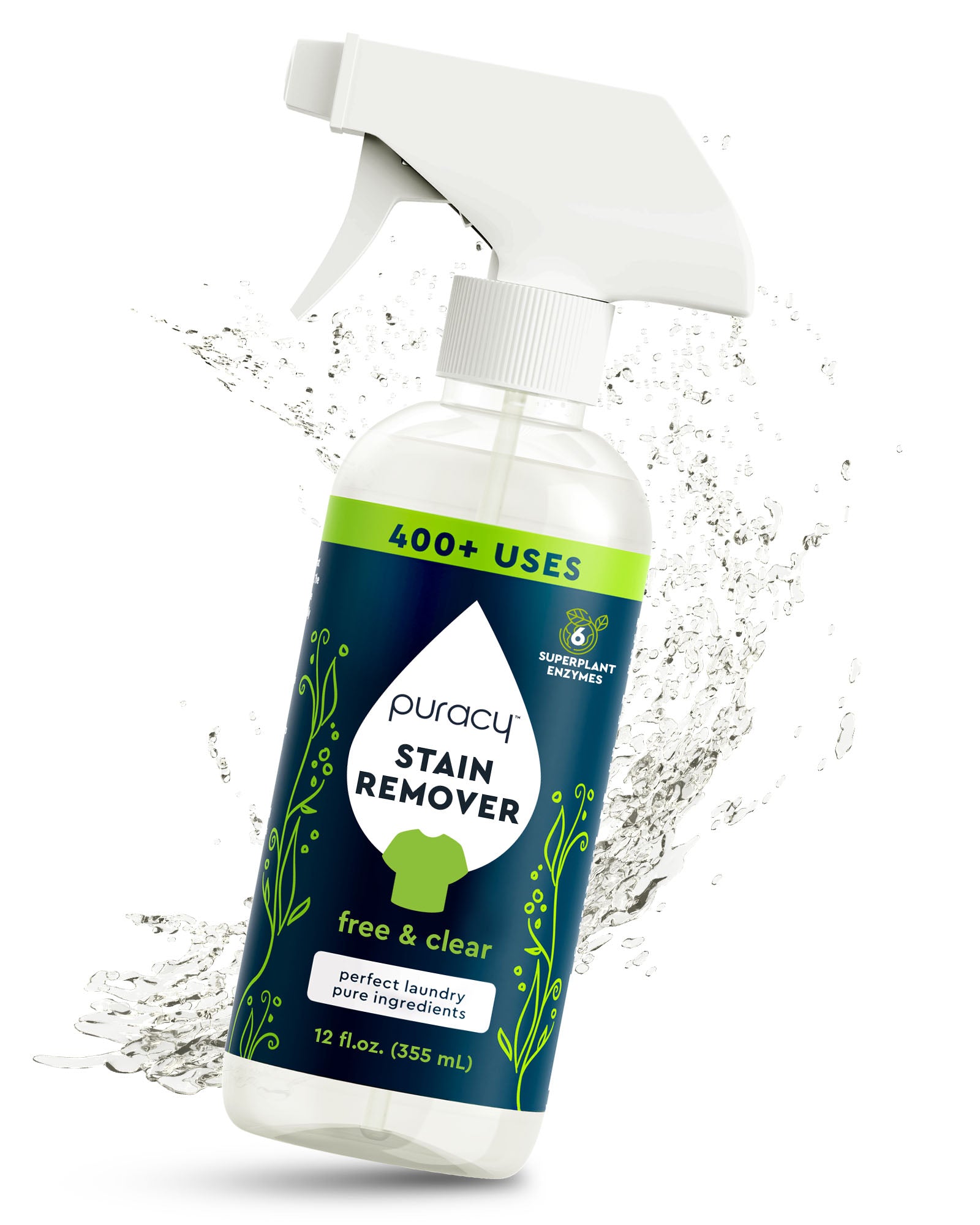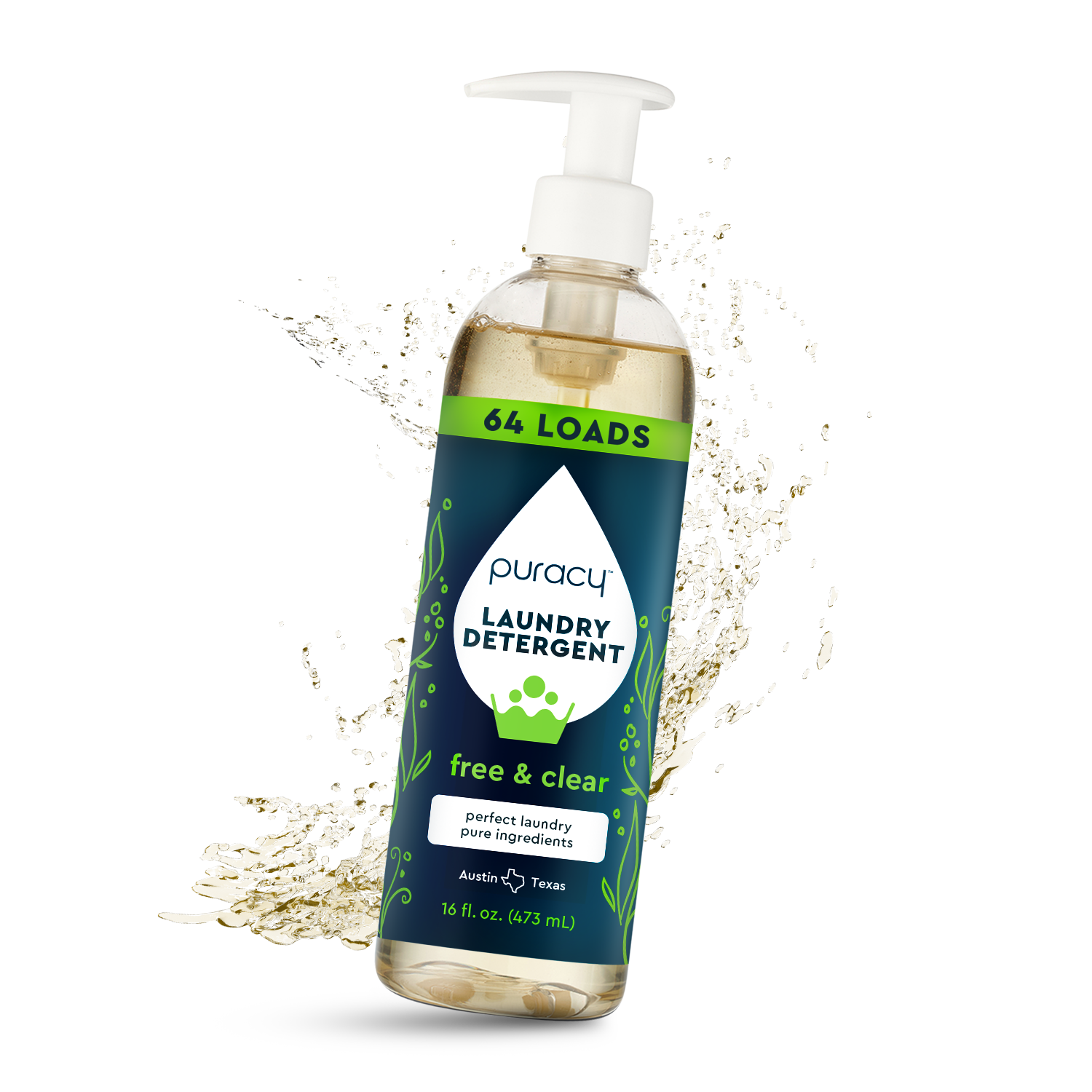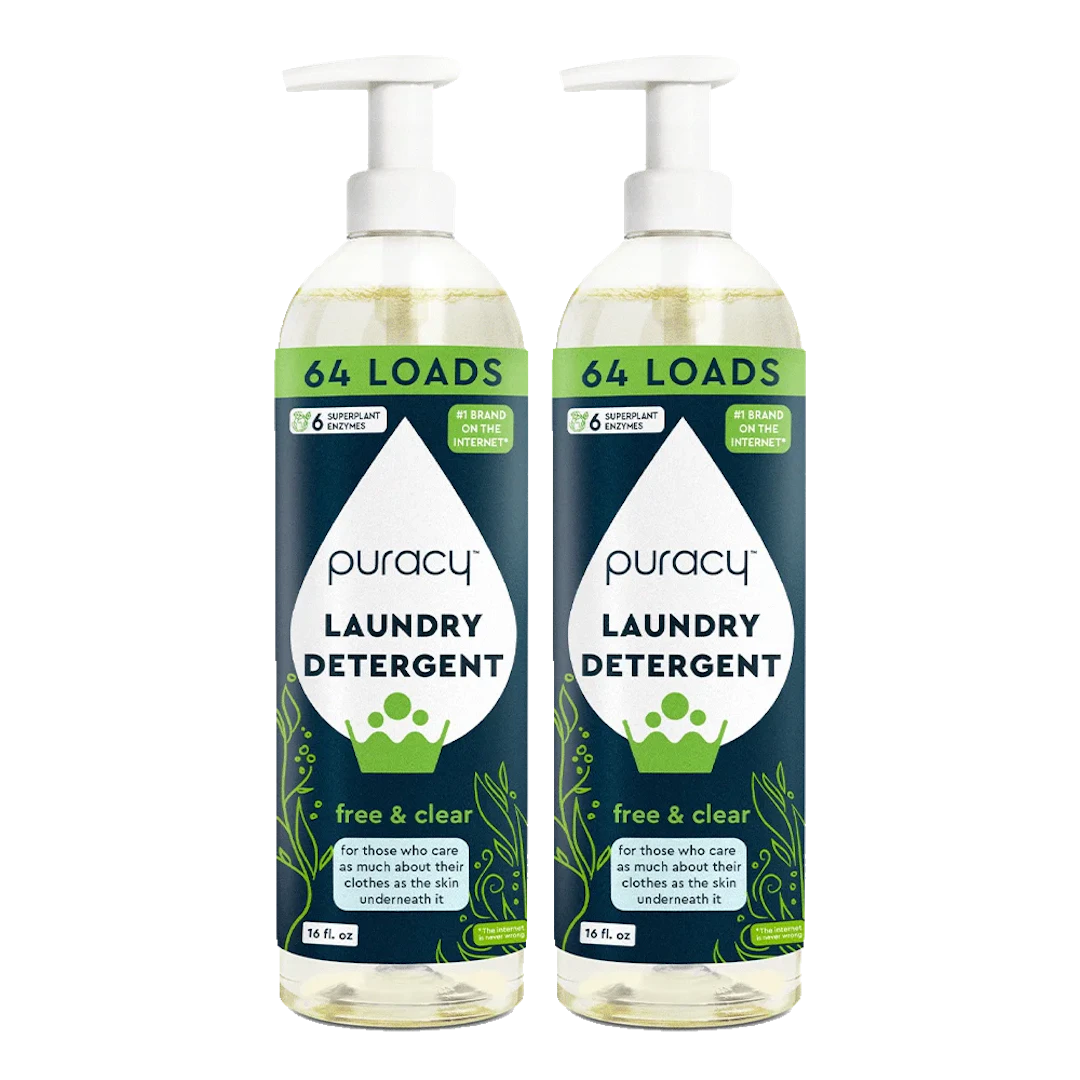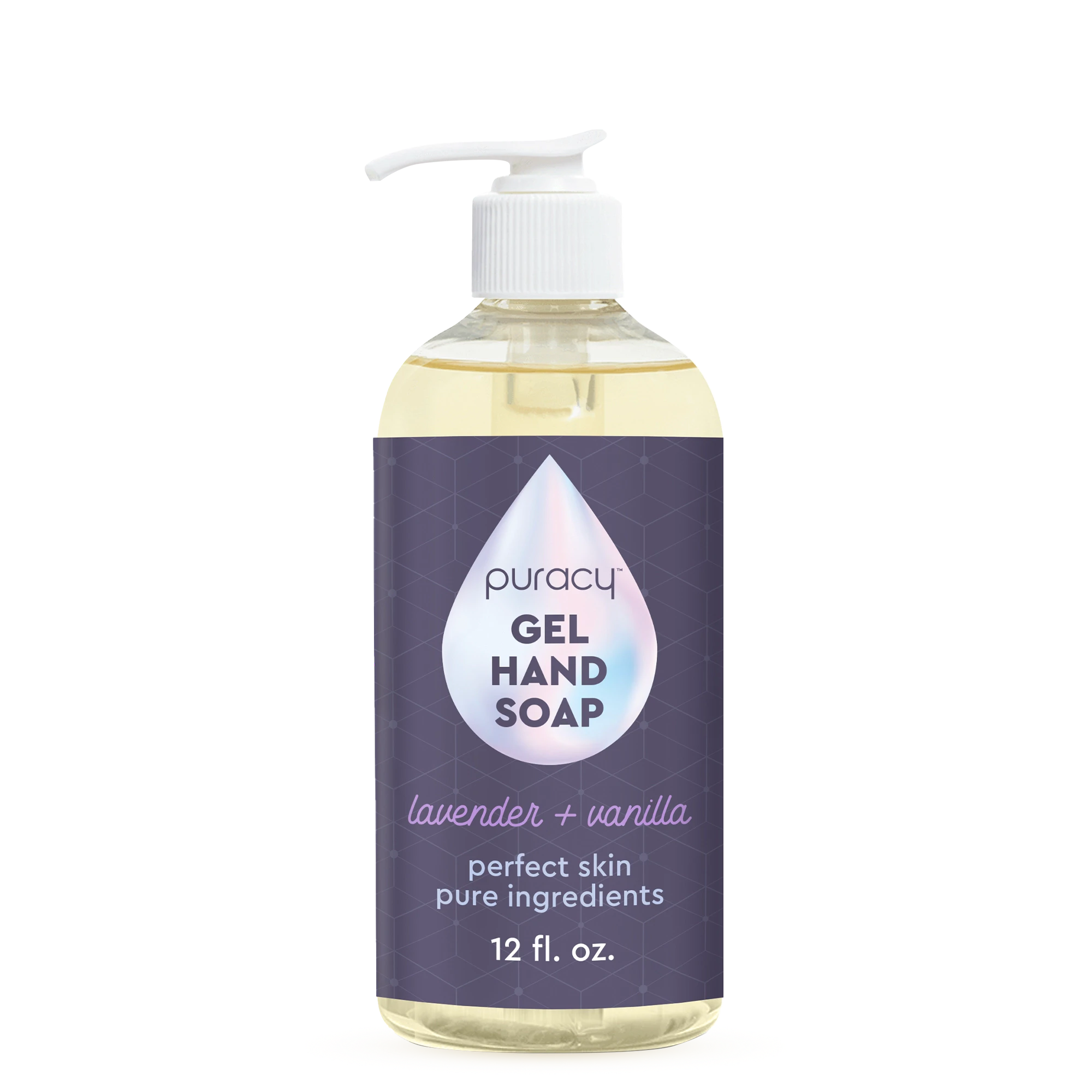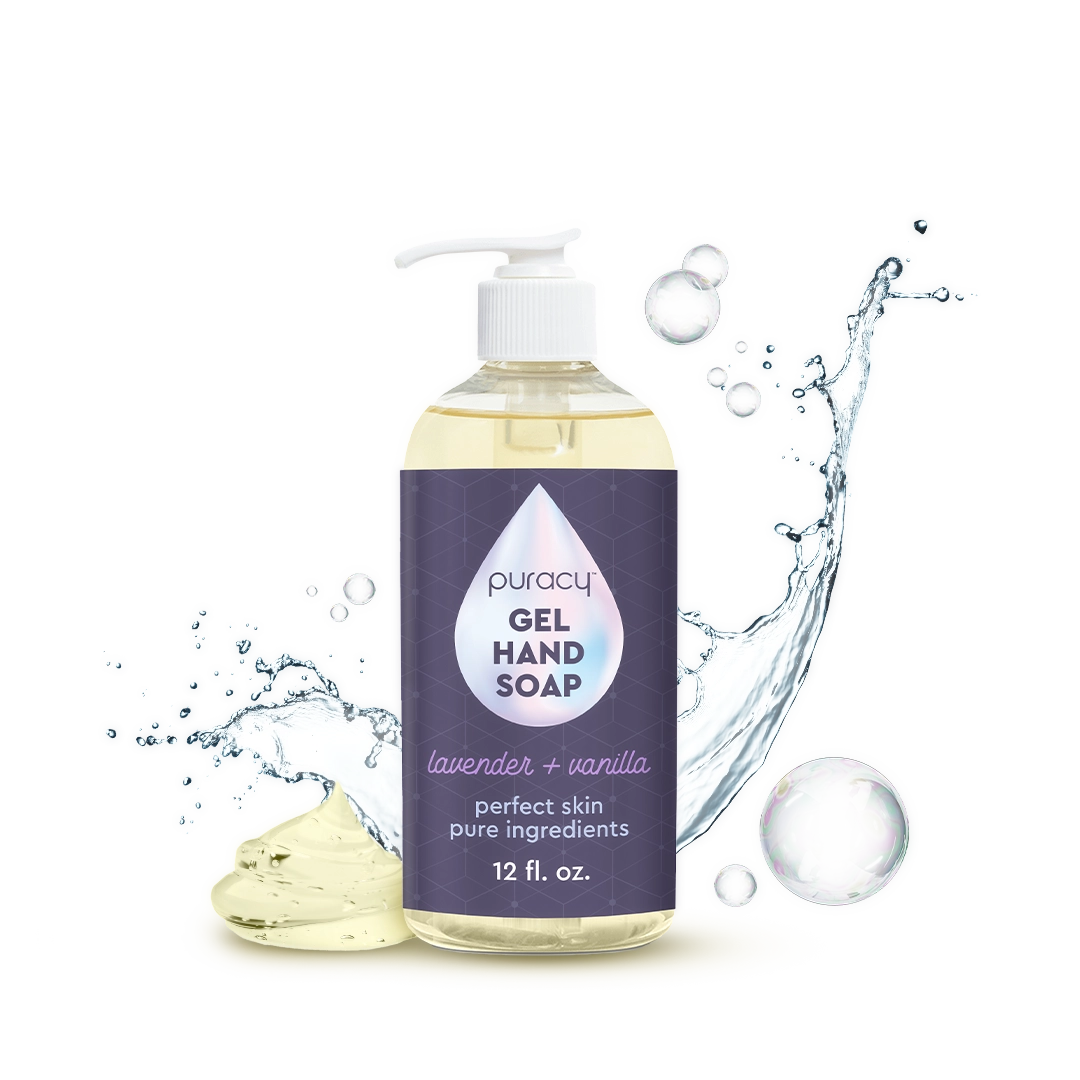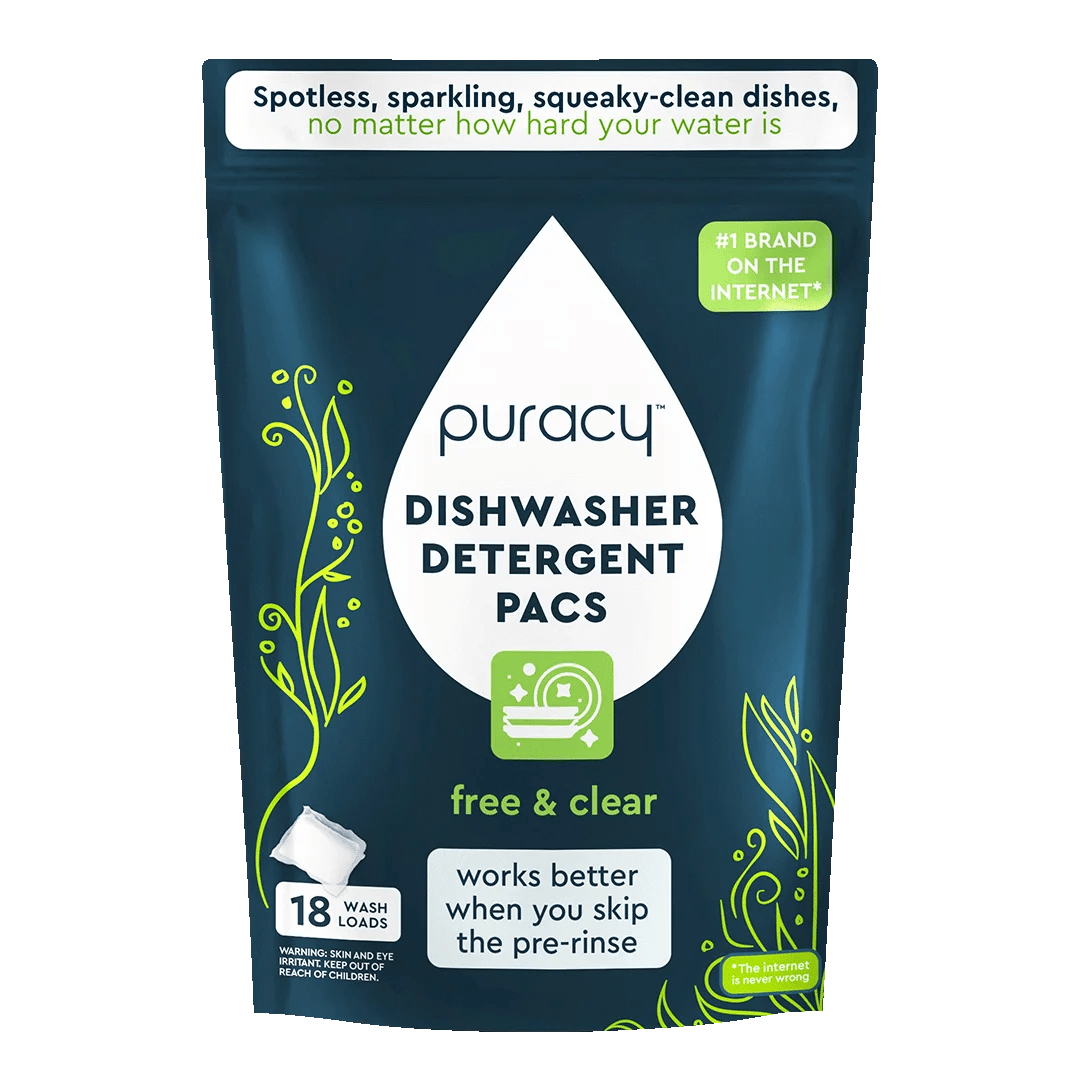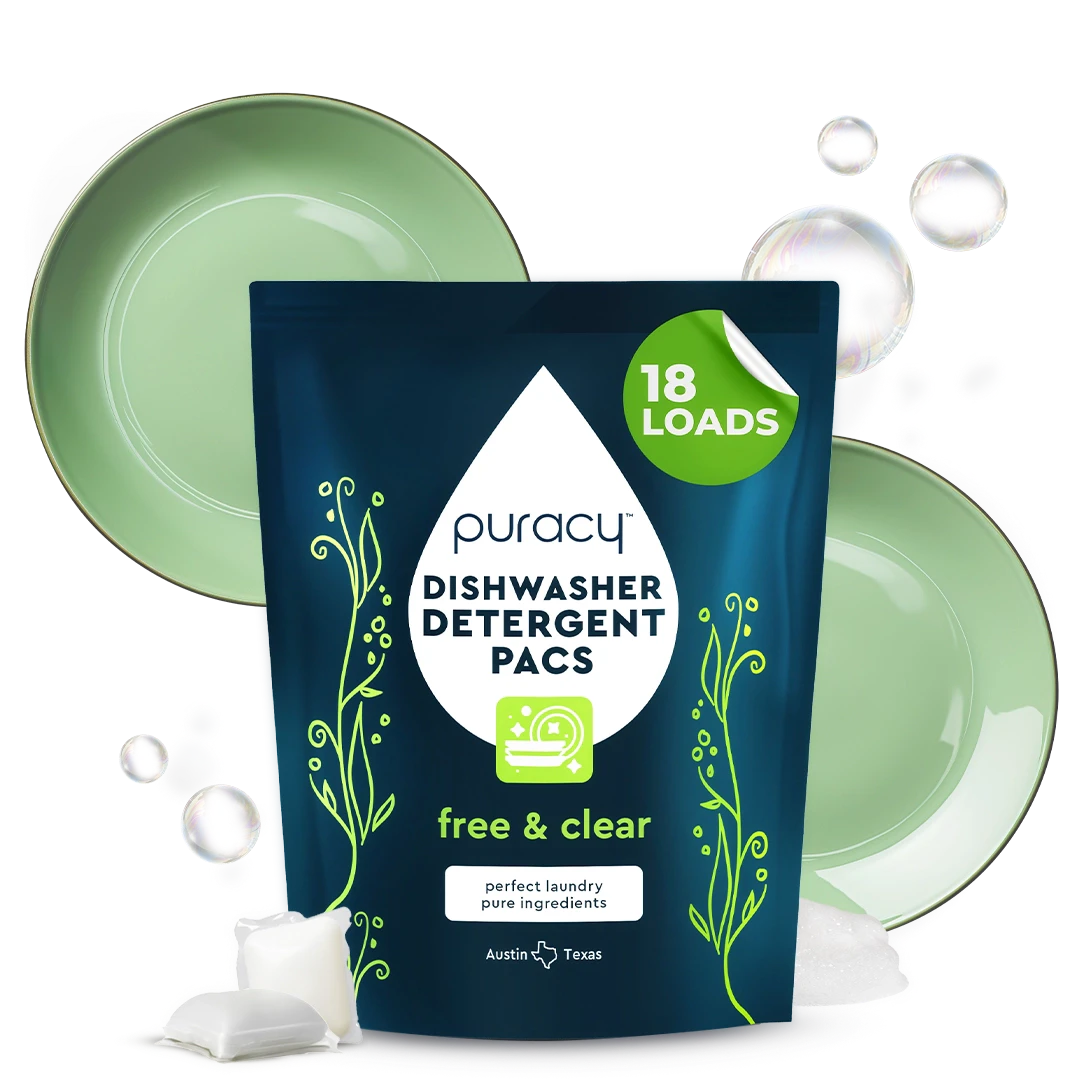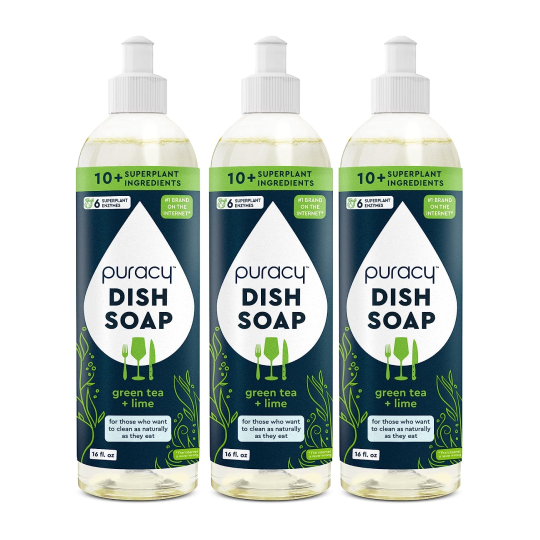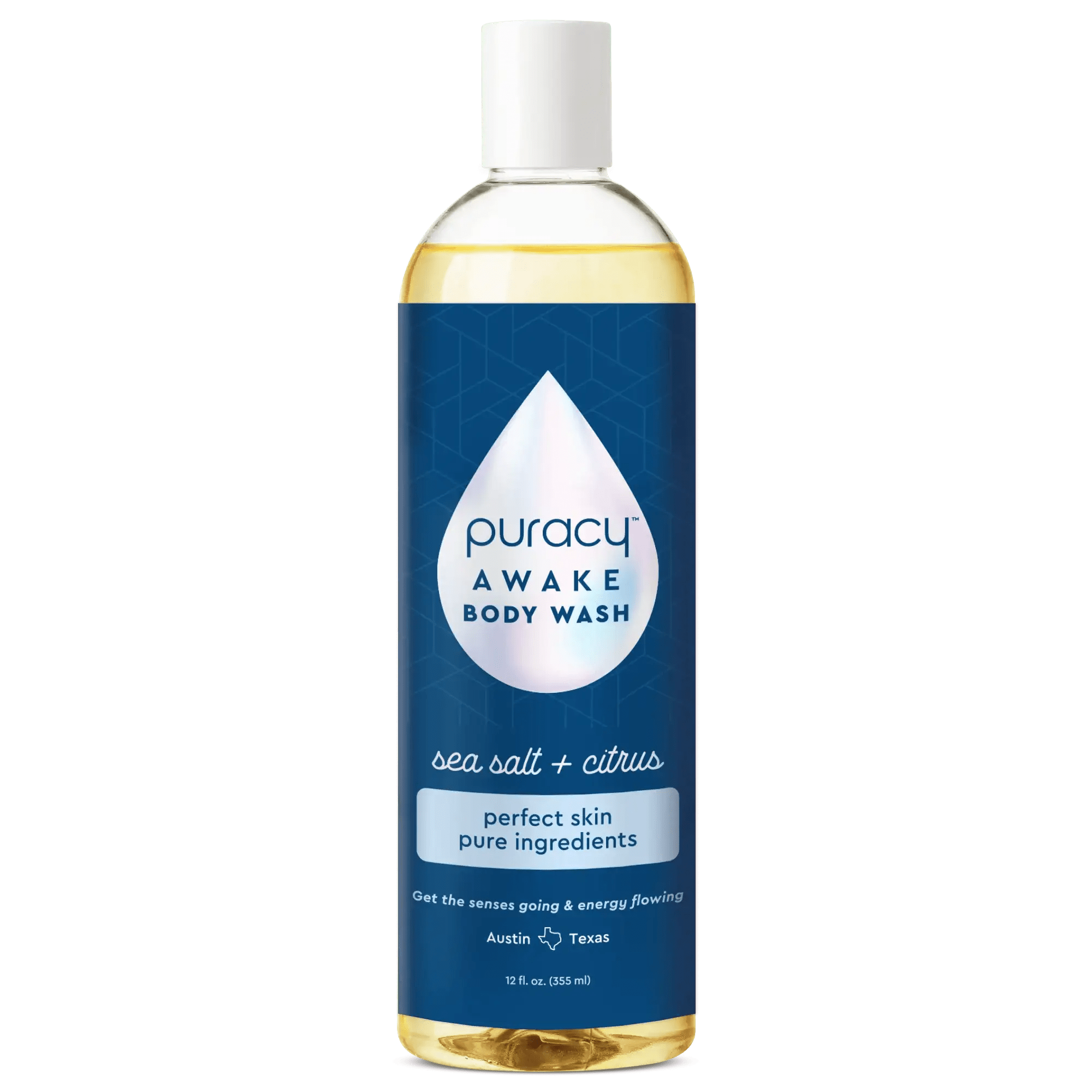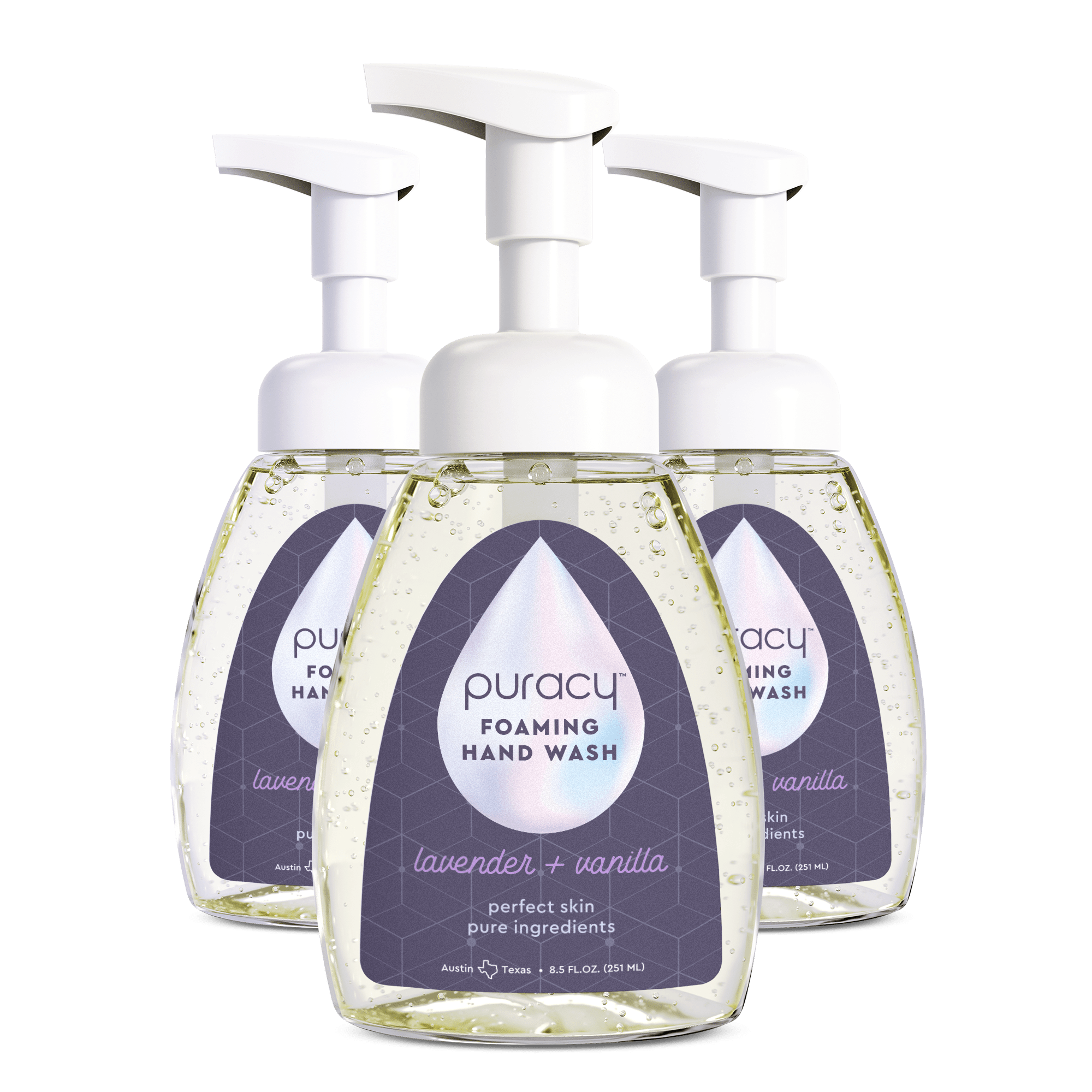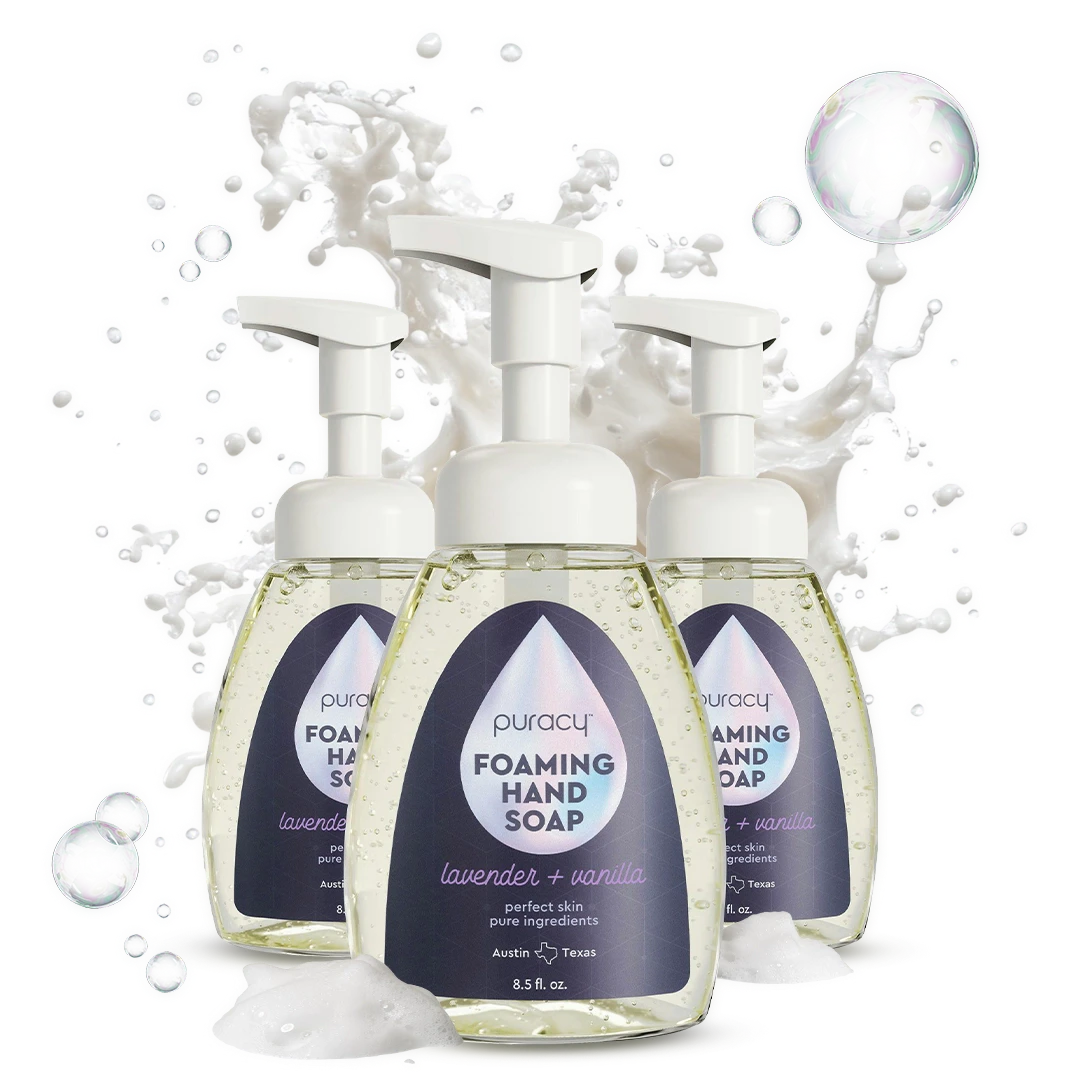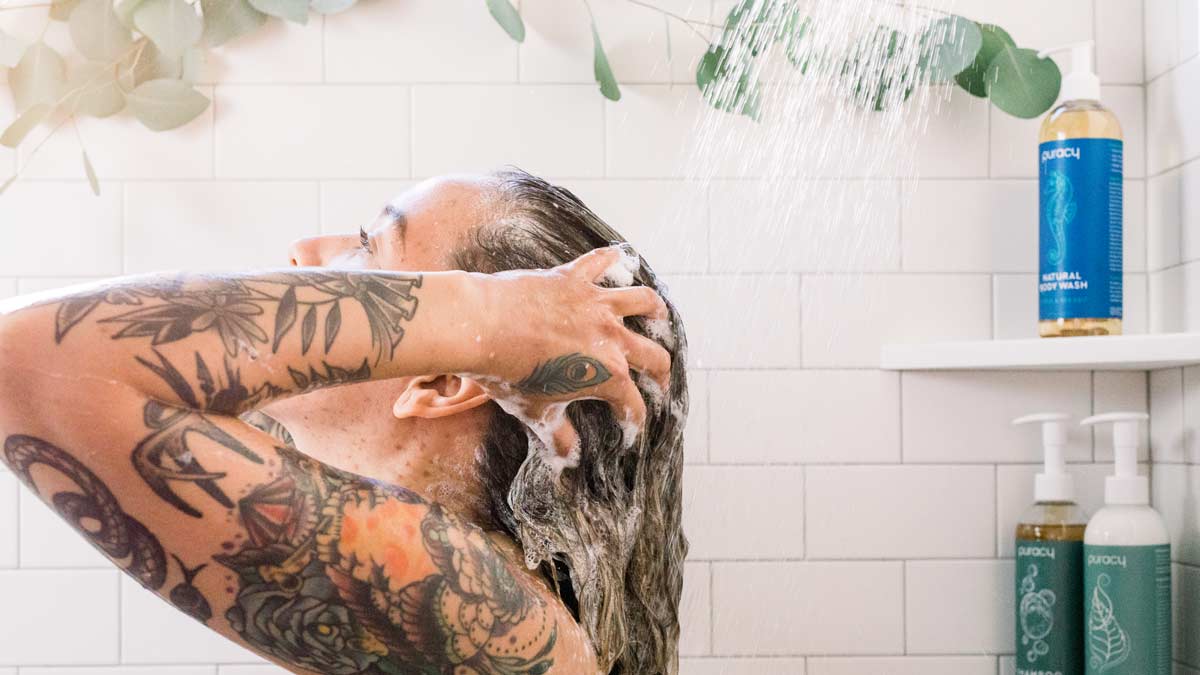
Is It Healthy to Shampoo Your Hair Everyday?
How often should you wash your hair? Hair care experts say you shouldn't wash your hair every day, unless you sweat often, are constantly exposed to pollution, or have a particular hair type. Find out what’s best for your hair and start a healthier washing routine.
When we see oily hair, our instinct is to hop in the shower ASAP. But sebum is produced by the scalp for a reason: It naturally distributes healthy oils down the hair shaft and adds necessary moisture.
If your hair washing schedule is a little too overzealous, you might be stripping these important oils away, leaving dry, lifeless hair that’s more prone to breakage. And that's definitely true if your shampoo contains ingredients like sulfates (which can cause irritation while stripping hair of its natural oils.
How to Wash Your Hair Depending on Your Hair Type and Lifestyle

The American Academy of Dermatology Association (AADA) says: wash your hair once a day if you have an oily scalp, but wash it less if your hair is chemically treated.
If you have naturally straight hair, sebum production from your scalp can reach the tips faster than curly hair. Wash your hair three times a week.
People with curly or coarse hair can wash less often than people with straight hair. You can wash as little as once per week and co-wash to help it retain freshness throughout the week.
Exercising can lead to heavy perspiration and oiliness, which can trap dirt on your hair or scalp. If you leave this unwashed, it can also cause bad odor. Wash your hair every after exercise.
Bleaching often leads to hair that’s more sensitive to damage and dryness. Wash your hair less and use sulfate-free shampoo to prevent additional dryness. A lot of commercial shampoos contain ingredients like sulfates that cause irritation while stripping hair of its natural oils.
If you use hair products often, not washing can cause product build up. These products can also trap dirt and oil, which can lead to dry and dull hair.
Chlorine can mess up with your hair and scalp health. If you don’t want to wear a swim cap, make sure to rinse your hair in the shower before heading home. There are also shampoos dedicated to swimmers who are in the pool on a daily basis.
What Type of Shampoo Is Best for Your Hair?

When we challenged our team of PhD scientists and salon owners to create the best plant-based hair care duo anywhere, our goal went far beyond shine and manageability: We wanted to extend the time between washes.
There are three types of shampoos in the market, depending on your needs:
-
Natural Shampoo That Controls Sebum Production
For most hair types, you can count on 3+ days between shampooing. But if your hair needs to be washed more, this is a gentle, clarifying shampoo you can use everyday.
-
Shampoo That Consider Specific Hair Issues Like Dandruff
If you find yourself bothered with white flakes falling off your head and onto your shoulders, get an anti-dandruff shampoo. Choose a shampoo with zinc pyrithione or ketoconazole to target dandruff-causing fungus.
Make sure to massage your scalp and allow the shampoo to do its work for about 3 minutes before rinsing it off.
-
Sulfate-free shampoos for chemically treated hair
Most commercial shampoos have sulfates, an ingredient that helps create foam and lather. Chemically treated hair like those treated with keratin or dyed will not benefit from a regular shampoo. A sulfate-free shampoo cleans the same way without damaging or reversing the treatments made on your hair.
Factors That Affect How Frequently You Should Wash Your Hair

The optimal frequency of hair washing largely depends on five factors:
-
Chemical Treatments
If you're someone with chemically-colored, straightened, curled, or a hairstyle that pulls unnaturally at the roots, try to avoid washing your hair every day.
Pro Tip: Use a sulfate-free shampoo if you have colored hair or have underwent a keratin procedure. Sulfates in shampoo can make your hair dry and dull. It can also work against the keratin treatment.
-
Hair Type
People with thick, wavy, coarse, and/or curly hair have a slight advantage here since they normally need to wash less frequently. That's because sebum has a harder time reaching the ends, making these hair types a bit drier. Some people with dry, coarse, and/or curly hair may only need to shampoo their hair every 7 to 10 days!
When it comes to straight, thin hair, oil is going to be more noticeable. You may need to shampoo every other day to keep oil under control.
-
Sebum Production
Scalp sebum production differs based on factors like age, gender, and genetics. Teenagers and young adults tend to produce more sebum than older adults. If you had excessively oily hair during puberty, that doesn’t mean you’ll have the same issue later.
Most people with normal oil production can probably get away with washing every few days. If your hair gets greasy after one day, however, try scrubbing your scalp with just water in the morning or evening.
-
How Much You Sweat
If you're a "Sweaty Betty" or live in a hot, humid climate, sweat pushes sebum down the follicles faster, your hair can accumulate dirt fast. Add a hat or bike helmet and that can produce even more sweat and oil.
After substantial workouts or heat waves, we recommend shampooing. If your hair isn’t overly sweaty, a simple water rinse should be good enough.
-
Your Styling Products
If you use chemical-based products in your hair – like mousse, gel, and hairspray – you probably need to shampoo more frequently. These products can cause buildup over time and may cause scalp irritation. Consider avoiding products that use extra-waxy silicones.
Pro Tip: Use a Natural Scalp Scrub before shampooing. It will gently remove buildup and stimulate hair follicles.
How to Develop a Healthier Hair Washing Schedule

Developing a hair wash routine involves selecting suitable products for your hair type and needs, and establishing a frequency that balances cleanliness without stripping natural oils.
Here’s what you need to do:
- Switch up your hair washing routine by cutting out 1-2 washes per week.
- For the next month, keep notes about how your hair looks and feels.
- During the second month, start tweaking your hair washing routine to determine how often you need to shampoo, rinse, or co-wash.
- Allow your hair 2-4 weeks to adapt to a silicone-free hair regime.
9 Ways to Extend Your ‘Do Without Shampoo’ Routine

No one wants greasy-looking hair, so here are a few extra ways to make your hair look its best between washes:
1. Dry Shampoo
Dry shampoo is the #1 way. Puracy created its hypoallergenic, 99.3% Natural Dry Shampoo to extend the time between washes. It helps regulate sebum overproduction, nourish the scalp, and fight flaking with anti-inflammatory plant extracts.
A dry shampoo that actually improves your scalp health and gives you incredible "oomph"? Seeing is believing.
2. Blot, Blot, Blot
Blotting paper, the kind used on your face, is a great space-saving way to soak up excess oil along your scalp and brow.
3. Use a Blow Dryer
Excessive use of a hair dryer can damage hair. However, the heat can help dry up some oil while adding volume. Flip your head over, turn on the lowest setting, and get to styling.
4. Cover Up
Hats and headscarves are excellent ways to disguise your hair if you’re running errands. Who knows? You might discover a new signature look in the process!
5. Hands Off
Our fingertips are covered in oils (and traces of everything else we touch). Because our hair is great at absorbing things, try to avoid touching your hair during the day.
6. Consider "Co-Washing"
We know that using conditioner (after every shampoo) helps seal split ends, but it also combats static electricity and free radical damage. But what should you do between washes?
“Co-washing” means using a rinse-out conditioner without shampoo (you can also stick to rinsing with plain water). While it might weigh down oily and fine hair, it might be a great way to infuse curly, dry, and/or coarse hair with extra moisture. To avoid waxy buildup, we recommend sticking to a silicone-free conditioner.
Pro Tip: Apply your conditioner on hair strands up to the tips of hair and avoid the scalp. Applying it to the scalp can make your hair look limp, lifeless, and greasy.
7. Pull It Up
Some of us are sweaty sleepers, and that's okay! If your hair is long enough, tie it into a loose bun on the top of your head when you go to sleep.
8. Turn the Thermostat Down
If you are a self-professed "sweaty sleeper", try cranking the thermostat down or cracking a window. While some sleep experts say that 65º-68ºF is the optimal sleep temperature, everyone has a different preference. Find something that works for you.
9. Speak to a Professional
If changing your shampooing routine doesn’t change things and you’re still frustrated about oily hair, consider booking an appointment with a board-certified dermatologist.
Healthy Hair Starts at the Source

Just like the rest of our haircare lineup, our hypoallergenic Scalp Scrub is free of sulfates, parabens, silicones, and synthetic fragrances.
Loaded with good-for-you ingredients like amino acids (to boost strength and shine), peppermint oil (to stimulate the follicles), and sea salt (to control sebum production), this natural scalp scrub gets to the root of matters. No more flaking, no more buildup: Just stronger, healthier hair.
